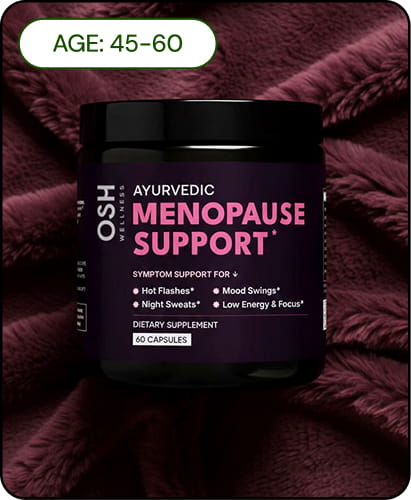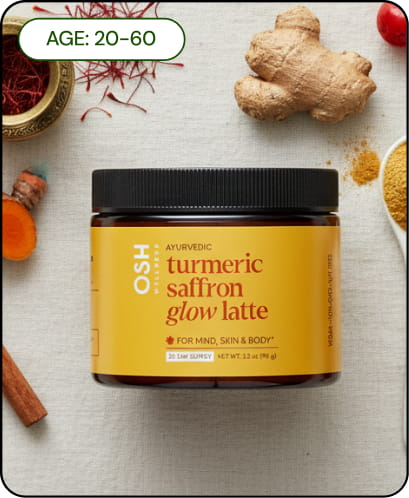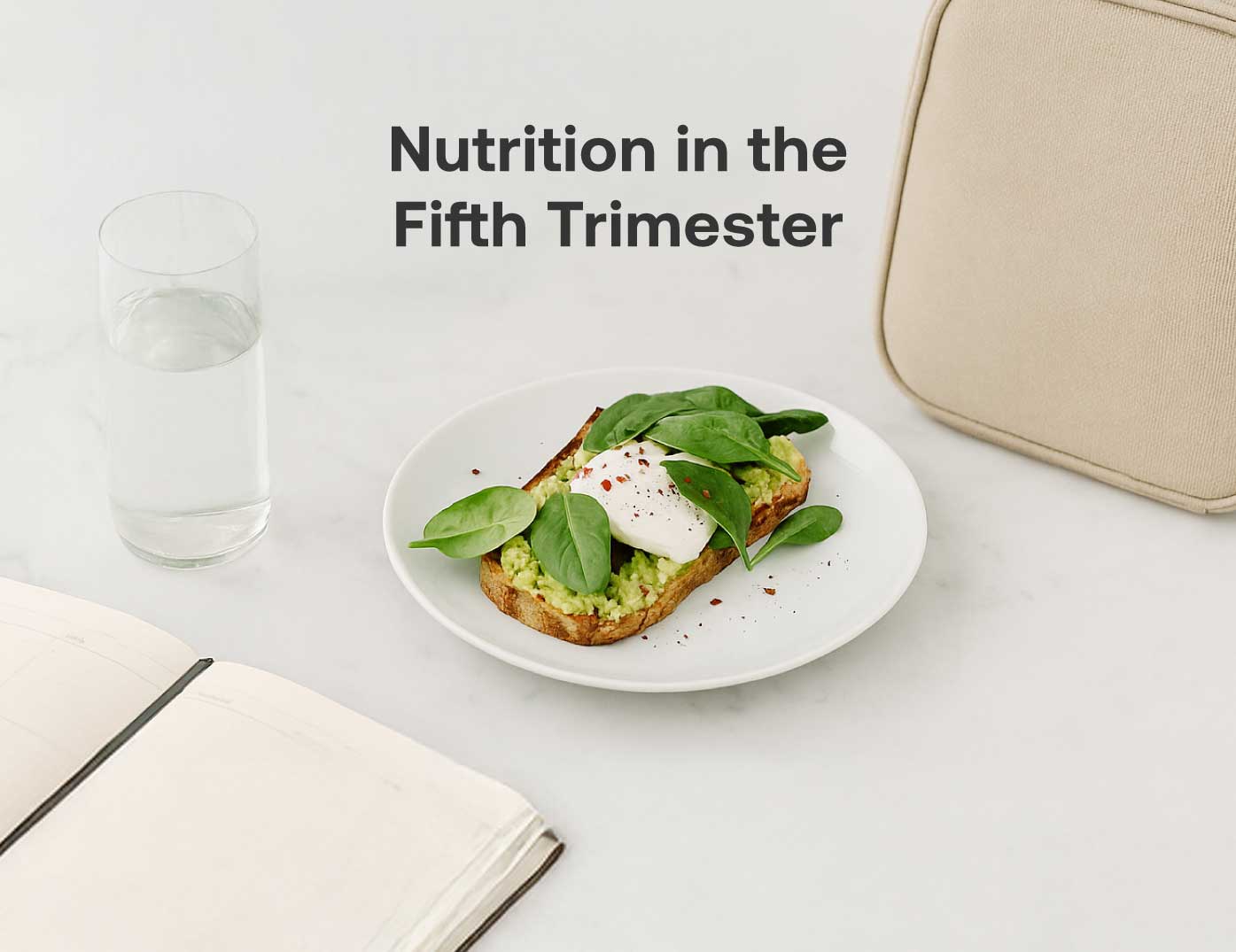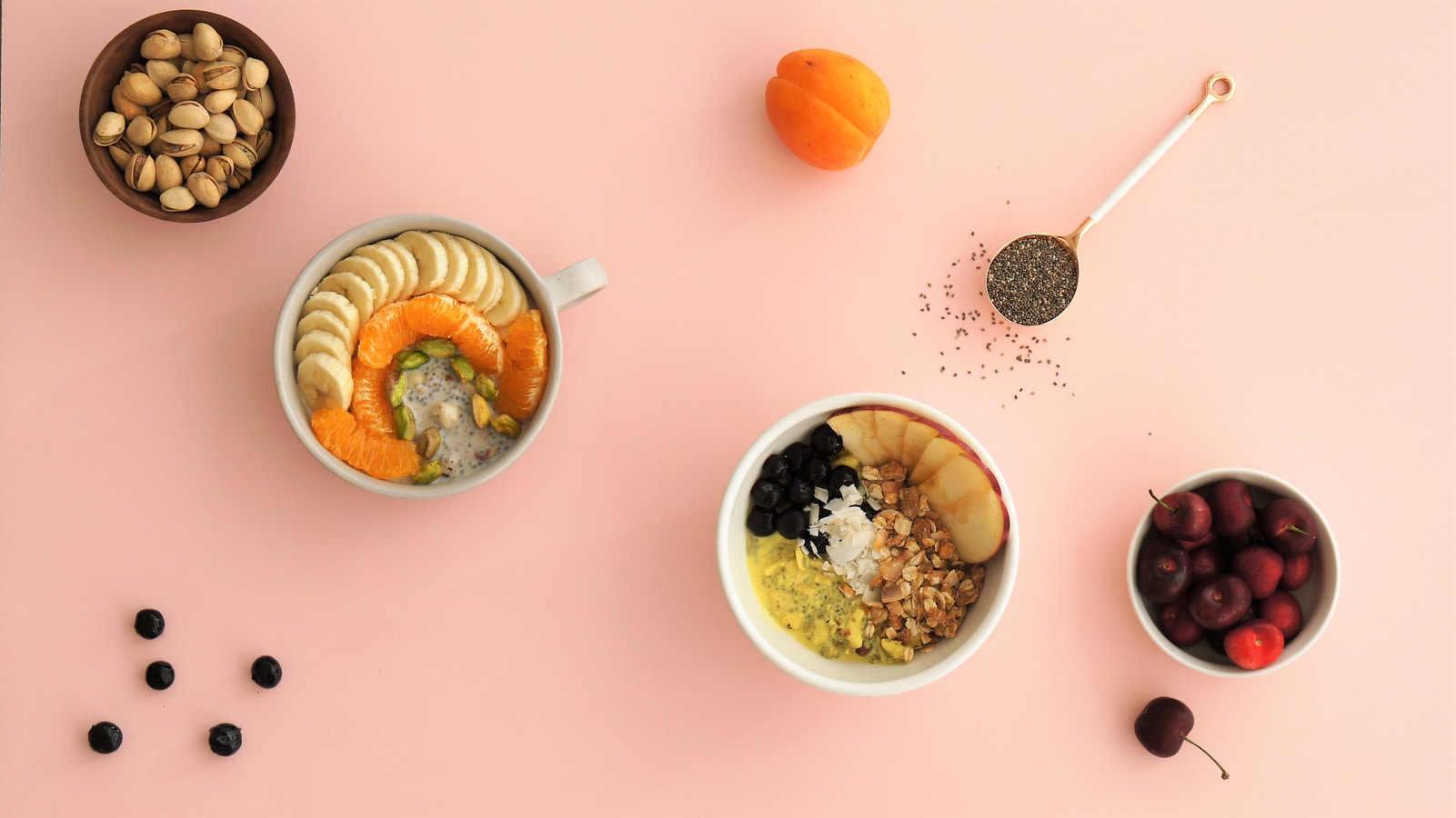Can a mother's diet change the nutritional quality of breast milk? This is often a taboo topic in online forums and blogs due to the fear that the pressure to eat right may cause mothers to give up breastfeeding sooner. While I empathize with that reasoning, I also believe that mothers should be aware of which nutrients can get passed on to the baby through their breast milk, and how they can easily add those to their diet.
Before we get into specifics, let's take a quick look at what the breast milk is made of.
Composition of human breast milk

As we can probably guess, it's majorly water, which is why it is so important to stay hydrated. You don't need to over consume water to produce more milk, but remember that you are losing a lot of water while producing milk. As a rule of thumb, you should be drinking at least as much extra water (compared to average adult) as the amount of milk you are producing (which could be 25-30 oz around the two month mark).
The remaining milk is comprised of the vital nutrients that the baby needs for growth and development.
- Carbohydrates (mainly lactose) forms about 7% of the breast milk and provides the baby with quick energy (their tiny bodies can store only so much, and need constant refueling). Lactose also benefits gut micobiota and helps in absorption of calcium [2].
- Fats make about 4% of breast milk, and contains several long-chain fatty acids that are important for development of baby's brain, eyes, nervous system, and immunity.
- More than 1000 Proteins [3] make up around 0.9-1% of breast milk, which form the building blocks for growth and development of the baby, and activate her immune system.
- Prebiotics composition in breast milk can vary quite a bit, and is mainly sourced from complex sugars called oligosaccharides[4]. These provide the 'good bacteria' to baby's gut, which forms the base for strong immunity and fight against infections.
- Vitamins & Minerals form a small portion by weight of the breast milk, but are essential components for growth, organ functions, and building of teeth and bones. The main vitamins and minerals that are found in the breast milk are calcium, Vitamin A, C, D, E, B-complex, folate, and zinc.
* The analysis above is for mature milk (4 weeks onward).

Nutrients that get passed from mother's body to breast milk
There are several nutrients that the breast milk will contain even if mother's diet is lacking in those nutrients. This is natures way of ensuring that the baby gets the basic nutrients that are vital for growth and development. On the other hand, this depletes the mother's body of such nutrients if they are not being replenished. As an example, mothers lose 3-5 percent bone mass while breastfeeding, which is likely caused by calcium being drawn for baby's needs [5]. Similarly, folate from mother's reserves keeps getting passed to the baby irrespective of the mother's diet[8]. Some other nutrients in this group are iron, zinc and copper. So while we may take some comfort in the fact that the baby is getting the basic nutrition regardless of mother's diet, it is important to maintain a healthy diet for the mother's health and avoid the effects of postpartum depletion (which can keep showing up for multiple years).
While we may take some comfort in the fact that the baby is getting the basic nutrition regardless of mother's diet, it is important to maintain a healthy diet for the mother's health, and to avoid the effects of postpartum depletion
Nutrients that get passed from mother's diet to breast milk
Then there are nutrients whose presence in mother's diet directly impacts their composition in breast milk. Let's look at those in a bit more detail.
Fats
The most important one of these nutrients is fats . While the total amount of fat in milk doesn't vary significantly, the kind of fat (good vs bad) can vary depending on what is present in mother's diet. Studies have shown that that presence of healthy fats in mother's diet can increase the quantity of such fats in the breast-milk within hours of consumption [6] . The most vital of these long-chain fatty acids are omega-3 fatty acids (mainly DHA) and lauric acid , which can vary by over 10-fold in breast milk depending upon mother's intake [7] . DHA is important for the development of baby's brain, eyes and nervous system, while lauric acid helps in strengthening immune system and vitamin absorption. The best source of DHA are fatty fish, but you can also get it from DHA fortified foods and vegan supplements too. Eating other vegetarian foods like brussel sprouts, walnuts, chia, flaxseeds, spirulina, and hemp seed can also provide other essential omega-3s (ALA). For lauric acid, one of the only few sources is coconut oil, which is almost 50% lauric acid. Lauric acid is an important constituent of breast milk, making almost 6% of the fatty acid profile.
Vitamin B-Complex
Other main group of nutrients that varies based on mother's intake is thiamin, riboflavin, vitamin B-6, B-12, and choline . These are some of the most essential vitamins for baby's growth. Studies show that maternal supplementation during lactation rapidly increases the concentrations of thiamin, riboflavin, and vitamin B-6 in milk [8] . Even more importantly, the same study also notes that supplementing vitamin B-12 even for 2 months did not increase its concentration in breast milk for mothers who were deficient in it. Thus, for making sure that the baby is getting enough B-12 through breast milk, it may be important to build enough reserves during pregnancy itself.
For making sure that the baby is getting enough B-12 through breast milk, it may be important to start building enough reserves during pregnancy itself
Vitamin A
Vitamin A levels also vary in breast milk based on mother's diet [9]. Eating foods rich in beta-carotene and retinol can help in maintaining healthy Vitamin A levels in the milk. Try carrots, sweet potatoes, dark leafy greens, eggs, and organ meats (note that vegetarian sources do not always get converted to retinol for many individuals).
Vitamin D
The final one I will talk about here is Vitamin D , which is essential for absorption of calcium and phosphorus (and hence bone and teeth development). Vitamin D levels in breast milk vary directly with mother's intake. However it is very common for mothers to be deficient in this vitamin, whose primary source is sunlight. During postpartum period mothers often do not get enough sunlight to produce vitamin D, resulting in a deficiency for both mother and baby. Many a times the pediatrician will prescribe vitamin D drops to breastfed infants for this reason.

Foods to avoid while breastfeeding
Sometimes, babies can be sensitive to certain foods in mother's diet which may show up as rashes, intestinal upsets, itchy eyes etc. These cases are not very common and if you notice a particular symptom repeating every time after eating a certain food, then you may consider avoiding it. Cow milk products, peanuts, soy, wheat and eggs are the common foods that can cause problems.
Besides these sensitivities and fish high in mercury (which everyone needs to avoid), there is very little that a mother needs to avoid. It is prudent to limit caffeine and alcohol as they can pass through the milk to the baby. However, if necessary, one can time the consumption such that the effect on milk composition is minimized.
Sources of nutrients in breast milk

Now that we have looked at the nutrients that pass from mother's diet to breast milk, here are some of the sources to get those in your diet.
Nutrients for baby (those that get passed from mother's diet)
- Healthy Fats: Avocado, walnuts, fatty fish or DHA fortified foods, algae, coconut, flaxseed, chia seeds
- Thiamin (Vitamin B-1): Nuts, oats, eggs, seeds, legumes, pork, fortified bread
- Roboflavin (Vitamin B-2): Eggs, cheese, almonds, artichokes, avocados, red meat
- Vitamin B-6: Eggs, peanuts, milk , potato, cheese, pork, bananas
- Vitamin B-12: Clams, liver, beef, salmon, fortified milk, eggs
- Choline: Beef, wheat-germ, eggs, salmon, brussel sprouts, broccoli
- Vitamin A: Carrots, sweet potatoes, dark leafy greens, spinach, eggs, and liver
- Vitamin D: Sunlight, cod liver oil, salmon
Nutrients for mother (those that get passed from mother's reserves and need to be replenished)
- Calcium: Milk, yogurt, cheese, legumes, leafy greens
- Folate: Legumes, eggs, asparagus, avocados, lentils
- Iron: Spinach, liver, beans, quinoa, tofu, brown rice
- Copper: Whole grains, beans, potatoes, yeast, dark leafy greens
- Zinc: Nuts, whole grains, milk, oysters, legumes
Summary
While it is important not to take undue pressure on eating habits during breastfeeding, which may lead to early weaning or stress, mothers should be aware of the foods that they can easily add to their diet to avoid depletion or nutrient deficiency. If natural sources of foods are not sufficient due to any reasons, nutrient supplements may be required. Mothers may also want to get a postpartum blood test done in order to determine if they are deficient in any particular nutrient in consultation with the primary care provider.
References
[1] Finglas P, et al. McCance and Widdowson’s The Composition of Foods Seventh Summary Edition and updated Composition of Foods Integrated Dataset. Public Health England. Cambridge, September 2014
[2] https://www.ncbi.nlm.nih.gov/pubmed/6403404
[3] Beck KL, et al. Comparative proteomics of human and macaque milk reveals species-specific nutrition during postnatal development. J Proteome Res. 2015;14(5):2143-2157.
[4] Moukarzel S, Bode L. Human milk oligosaccharides and the preterm infant: a journey in sickness and in health. Clin perinatol. 2017;44(1):193-207.
[5] https://www.bones.nih.gov/health-info/bone/bone-health/pregnancy
[6] https://www.ncbi.nlm.nih.gov/pubmed/9459379
[7] https://www.ncbi.nlm.nih.gov/pubmed/15384565
[8] https://www.ncbi.nlm.nih.gov/pmc/articles/PMC3649471/
[9] https://rehydrate.org/breastfeed/facts-breastmilk.htm








